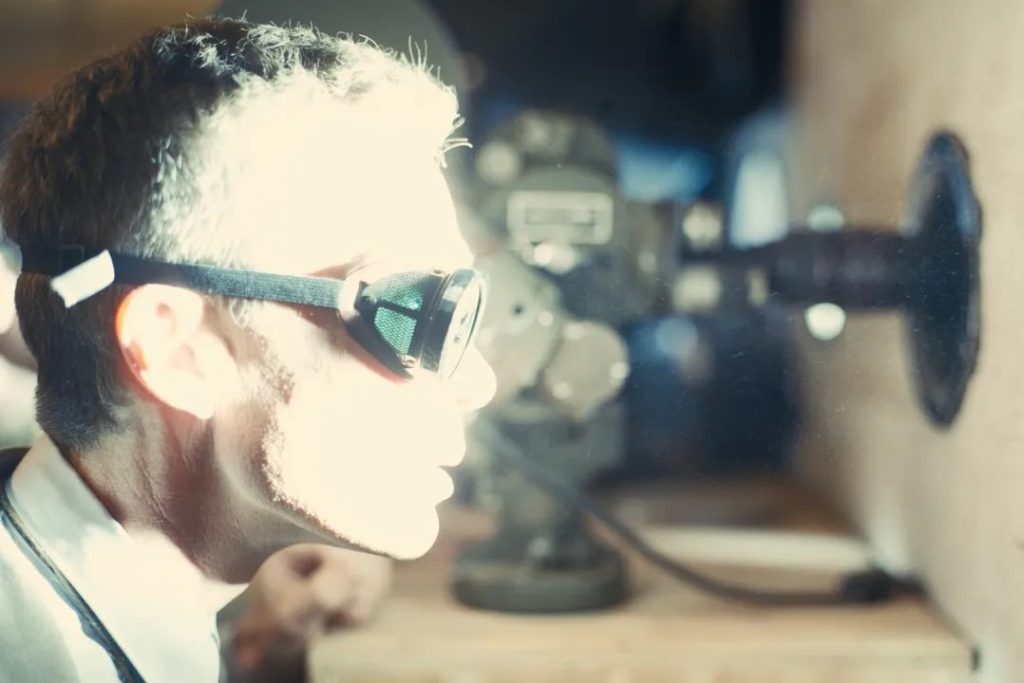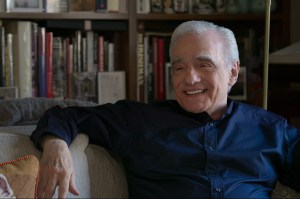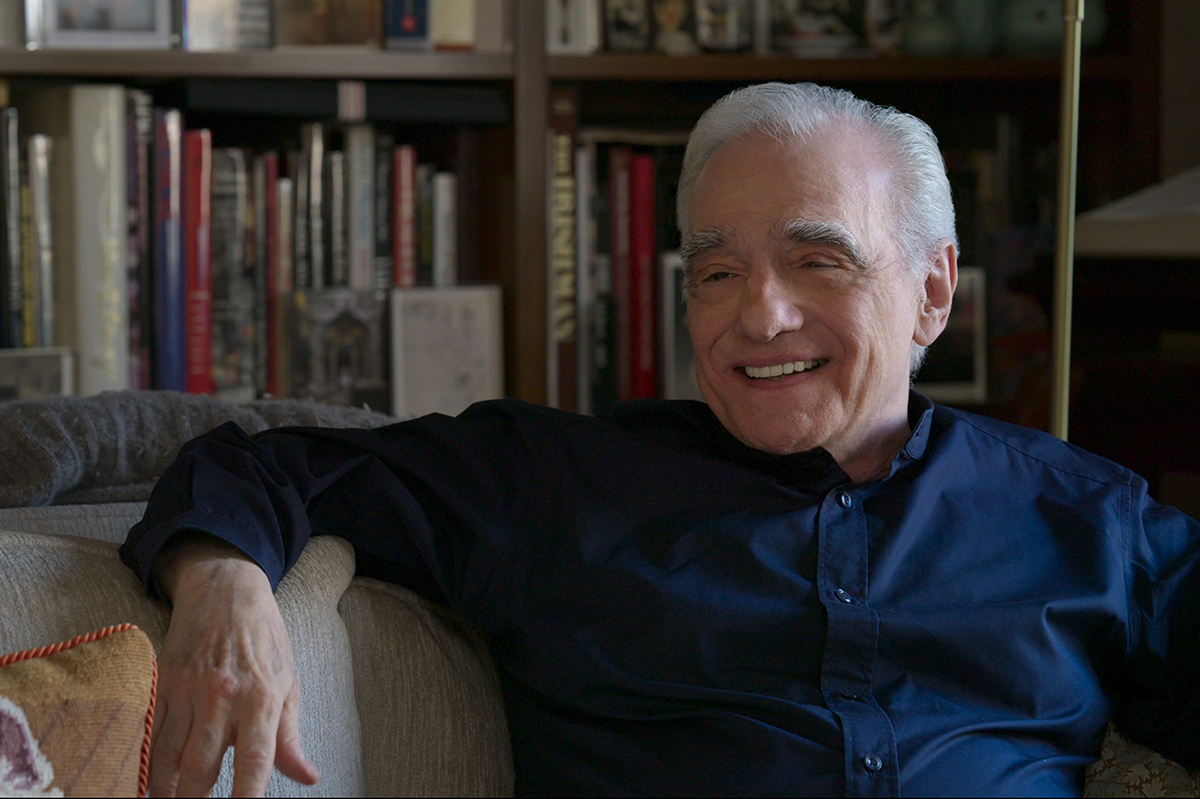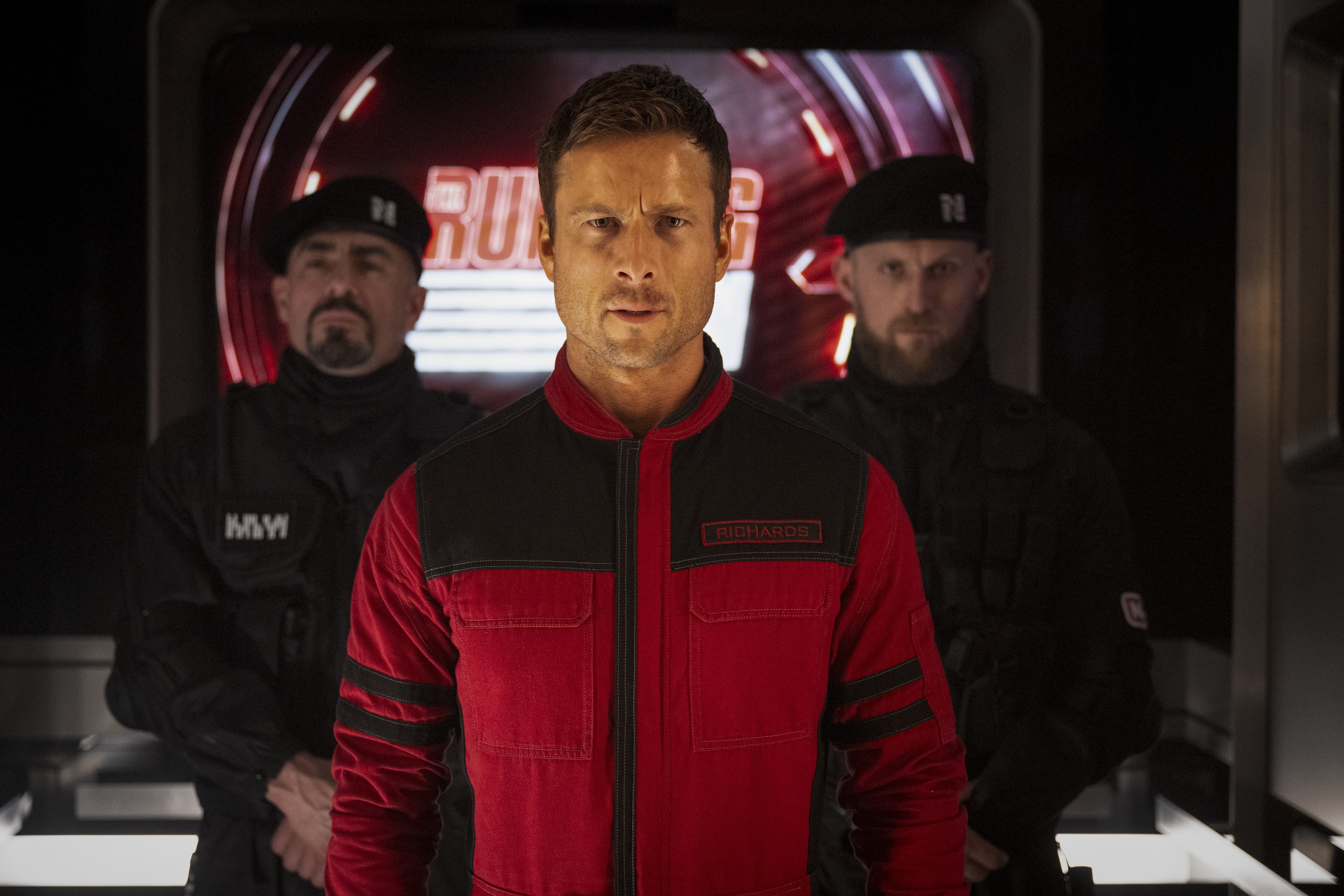Oppenheimer is Christopher Nolan’s biopic of J. Robert Oppenheimer, the brilliant quantum physicist and “father of the atomic bomb” who was later haunted by what he’d created. Starring Cillian Murphy, and his cheekbones, the film is dense, ambitious, complex, so very long (three hours) and impressive, even if it does drag by the end. (When a film is so very long, that’s the price you pay.) I could go on and on but, for many, the main selling point will be this: it isn’t Barbie and it isn’t pink.
It’s a Nolan film so, of course, it’s not chronological storytelling. I pity his wife. I bet he can’t even go to the shops without recounting his journey in splintered fragments she’ll have to piece together. (“Chris, please just start at the beginning…”) It is jumpy and agitated and hops around several timelines, with no dates or context given, which is a headache. And it also jumps between color and black and white, sometimes changing mid-scene, which is also a headache. But while it’s a headache, and challenging and difficult, it is never as annoyingly baffling as, say, Tenet. Or Interstellar.
The film covers Oppenheimer’s early career as a dazzling student and professor, and one problem Nolan has is: how do you put theoretical physics on screen? There are long equations on blackboards, obviously, but we might suddenly cut to fireballs, or stars collapsing, which does give us some sense of how Oppenheimer sees the world. Other timelines follow him building the first atomic bomb at Los Alamos in New Mexico during World War Two and we also view him in the 1950s when, having realized that his creation had a limitless capacity for destruction, he campaigned for international regulations while Washington just wanted him to shut up and go away. (If that’s all the thanks you get for developing the next generation of weapon, I’m glad I never bothered.)
There are the big, explosive, spectacular set-pieces, like the first nuclear test in the desert in 1945, with its mushroom cloud and blinding white light and deafening noise. It’s genuinely tense. Did you know there was a chance the atmosphere would catch fire and destroy the world? But otherwise the film is mostly a succession of men talking in rooms, and there are so many men that you will wonder: which man is this again? Is it the mathematician? Is it the one keen on developing a hydrogen bomb? The cast is stacked with A-list stars who appear on screen for two minutes, tops. Kenneth Branagh appears on screen for two minutes tops, and Rami Malek, and Gary Oldman as President Truman. Truman and Oppenheimer meet after Hiroshima and Nagasaki. “I have blood on my hands,” mourns Oppenheimer. “Don’t let that cry-baby into this office again,” Truman says to an aide as Oppenheimer is on his way out. It’s a terrific scene.
The politics, which by the end has the feel of a courtroom drama, occupies the third act, which is when it starts to drag. The film also weaves in Oppenheimer’s romantic life, just about. He had a wife (Emily Blunt) and a lover (Florence Pugh) but they are, alas, the most under-developed characters in the script. Pugh, in fact, doesn’t get to do much except be naked. But as a character portrait of Oppenheimer, does it work? It doesn’t quite crack him open. Murphy’s performance is intense and compelling, but he also brings the same inscrutability that characterized his Peaky Blinders work. He is Oscar-bound, some say, but the bigger revelation is probably Robert Downey Jr. as Lewis Strauss, who served on the US Atomic Energy Commission. Downey is slyly mesmerizing and it may be, after all those Marvel films, I’d simply forgotten he can act. It is an event of a film that’s worth seeing but the main thing? It isn’t pink.
This article was originally published in The Spectator’s UK magazine. Subscribe to the World edition here.





















